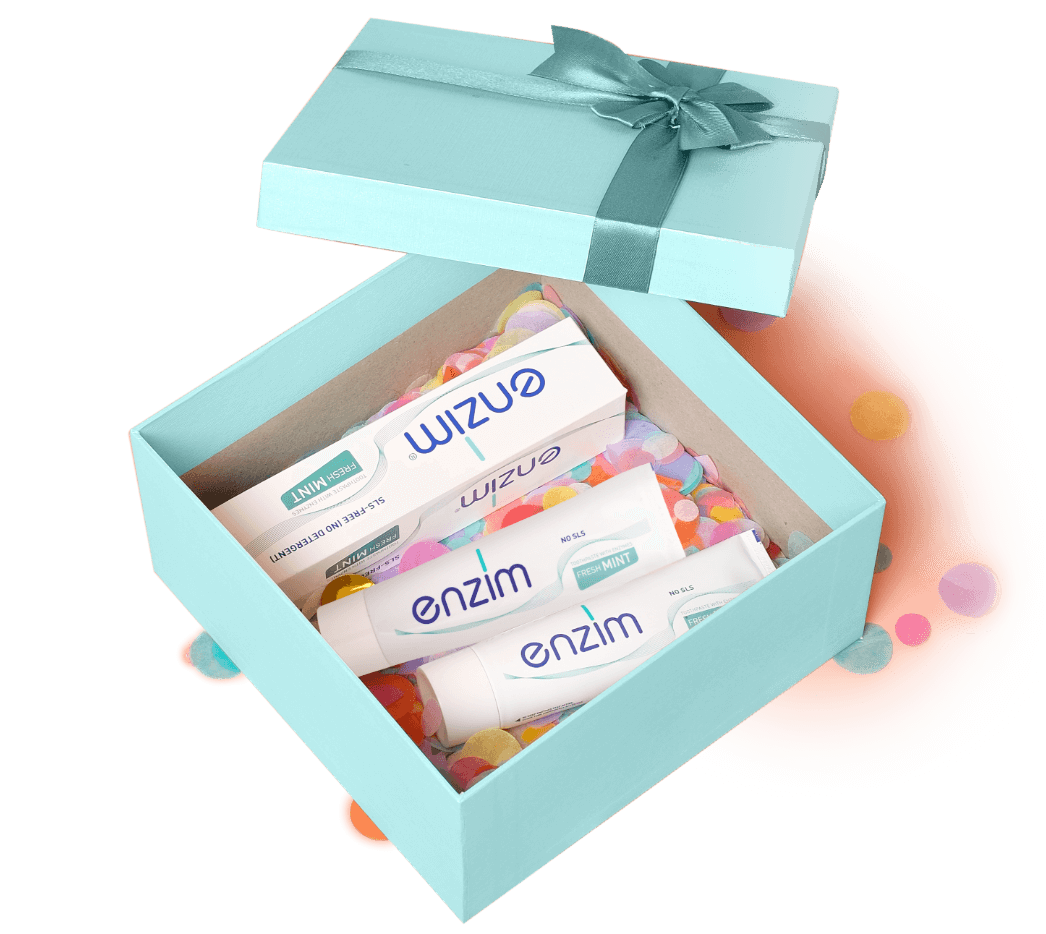What Really Causes Bad Breath? A Deep Dive Into Halitosis

What Really Causes Bad Breath? A Deep Dive Into Halitosis - Enzim Singapore
Bad breath, also known medically as halitosis, is more common than you might think and it can be a source of embarrassment, especially in social situations. But what actually causes bad breath? The answer isn’t always as simple as "what you ate."
Let’s break down the most common (and a few surprising) causes of bad breath and what you can do to prevent it.
1. Poor Oral Hygiene
The most common culprit behind bad breath is inadequate oral hygiene. When food particles are left in your mouth, bacteria break them down and release foul-smelling sulphur compounds. Brushing twice a day, flossing, and cleaning your tongue are essential to remove food debris and prevent bacterial build-up.
2. Food and Drink
Certain foods like onions, garlic, spicy dishes, and strong cheeses contain compounds that enter your bloodstream and travel to your lungs, affecting the air you exhale. While these odours are temporary, they can be quite potent. Coffee and alcohol can also dry out the mouth, making bad breath worse.
3. Dry Mouth (Xerostomia)
Saliva helps cleanse the mouth by washing away dead cells and bacteria. If your mouth is dry—either due to sleeping with your mouth open, dehydration, or medication those cells can accumulate and break down, leading to bad breath. This is why morning breath is often worse after a night of sleeping with your mouth open.
4. Gum Disease
Persistent bad breath can be a sign of gum disease (periodontitis), caused by plaque and tartar build-up along the gumline. As gums become inflamed and infected, they release unpleasant odours. If you notice bleeding when brushing or swollen gums, it’s time to see your dentist.
5. Smoking and Tobacco Use
Tobacco products not only cause their own strong odour, but they also dry out the mouth and contribute to gum disease both of which can worsen bad breath. Smokers are also more likely to suffer from persistent halitosis.
6. Medical Conditions
Sometimes, bad breath isn’t caused by your mouth at all. Conditions like sinus infections, post-nasal drip, acid reflux, diabetes, and even liver or kidney disease can lead to distinct breath odours. If you maintain good oral hygiene but still struggle with bad breath, consult a healthcare professional.
How Enzim Can Help
Enzim Toothpaste is specially formulated with natural enzymes to support a healthy balance of bacteria in the mouth. It’s gentle on gums, free from harsh detergents, and helps reduce the risk of bad breath by keeping your mouth clean, moist, and fresh.
Conclusion
Bad breath isn’t just a nuisance it can be a sign of deeper issues. By understanding the root causes and maintaining a proper oral care routine, you can keep your breath fresh and your confidence high. And with Enzim by your side, you’re taking a smart, gentle step towards better oral health.



